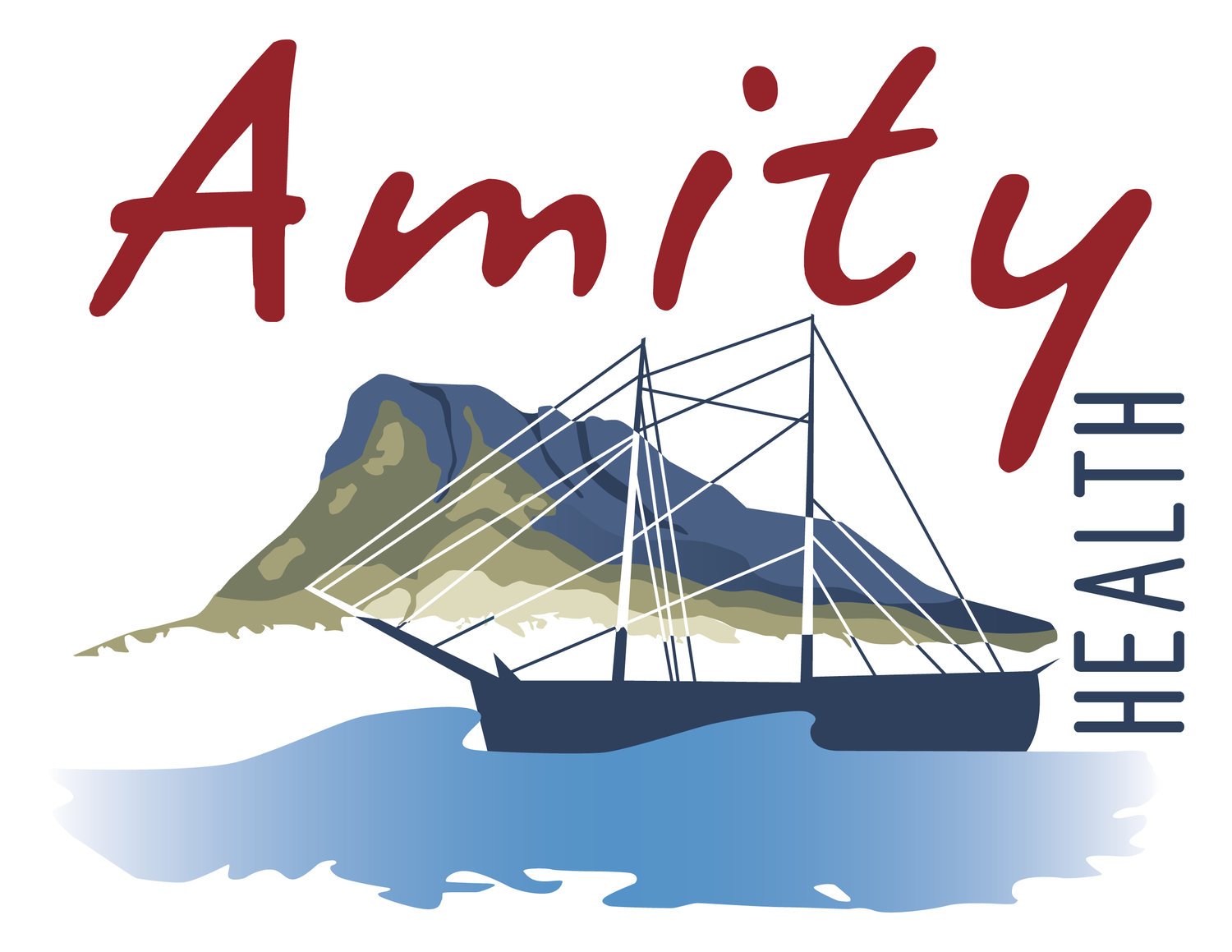Linking Caregivers, Children and Communities
Child & Parent Support Hannah pictured alongside a playgroup attendee
Child & Parent Support Kirsten getting messy with some playgroup attendees.
I am relatively new to the role of Child and Parent Support with not-for-profit organisation Amity Health. I know first-hand how crucial these, and other health service providers, are to our rural community, having used them numerous times with my own two young children.
We live in a world where we have almost everything available at our fingertips through technology and the internet. However, babies and children neither need nor crave any of that. How they learn is through human interaction, which has been challenging for some parents or caregivers to seek and provide, given the past two years of pandemic disruption.
But we are now back on track and enjoying seeing our parents, caregivers and children in a wonderfully engaging, face-to-face environment!
Playgroup is often one of the first outings that new parents make in their quest to ‘belong’ and find their ‘village’. It plays an integral role in connecting families and children with not only each other, but additional services, health providers and activities within the community. These connections are vital in rural and remote areas.
Here at Amity Health, the Narrogin Children & Parent Support group, located in the Southern Wheatbelt region, runs three programs to support parents, carers, families and community.
Playgroup
Aimed at 0–4-year-olds, allowing a safe space for children to explore new environments and partake in craft, sensory and outdoor activities. It also gives parents and caregivers a chance to have a hot cuppa and chat with others in the depths of raising small children about the highs and lows this can bring. For those seeking extra support, we link them with services such as Ngala and primary health where they can access services for themselves and their children.
Ready Set Go
A pre-kindy program for 3–4-year-olds to get them prepared for starting kindy the following year. It allows them to experience a more structured morning with mat time, craft, sensory activities and a shared morning tea, with their caregiver at arm’s reach for comfort and assistance if needed!
Kids Hub
For primary-school-aged children to have an after-school activity where they can unwind, have some afternoon tea and participate in activities that support open-ended play. It also gives caregivers a chance to connect with each other and seek any additional help or answers to questions.
It is the support of wonderful parents and caregivers, who continue to show up to our programs and often bring along new faces, that allows us to grow and reach more people within the community.
As Child and Parent Support, we are in the rewarding position to not only provide a warm and welcoming environment where children can grow and learn, but to be a trusted point of contact that helps to link parents, carers and families to the variety of service and health providers available within our region.
Guest Author: Hannah Franz (Child & Parent Support - Narrogin)
Funded by the Australian Government Department of Social Services. Visit www.dss.gov.au for more information.
This article was published in the Rural Health West Partyline (THE MAGAZINE FOR HEALTHY AND SUSTAINABLE RURAL, REGIONAL AND REMOTE COMMUNITIES) To subscribe to this newsletter please click here.


